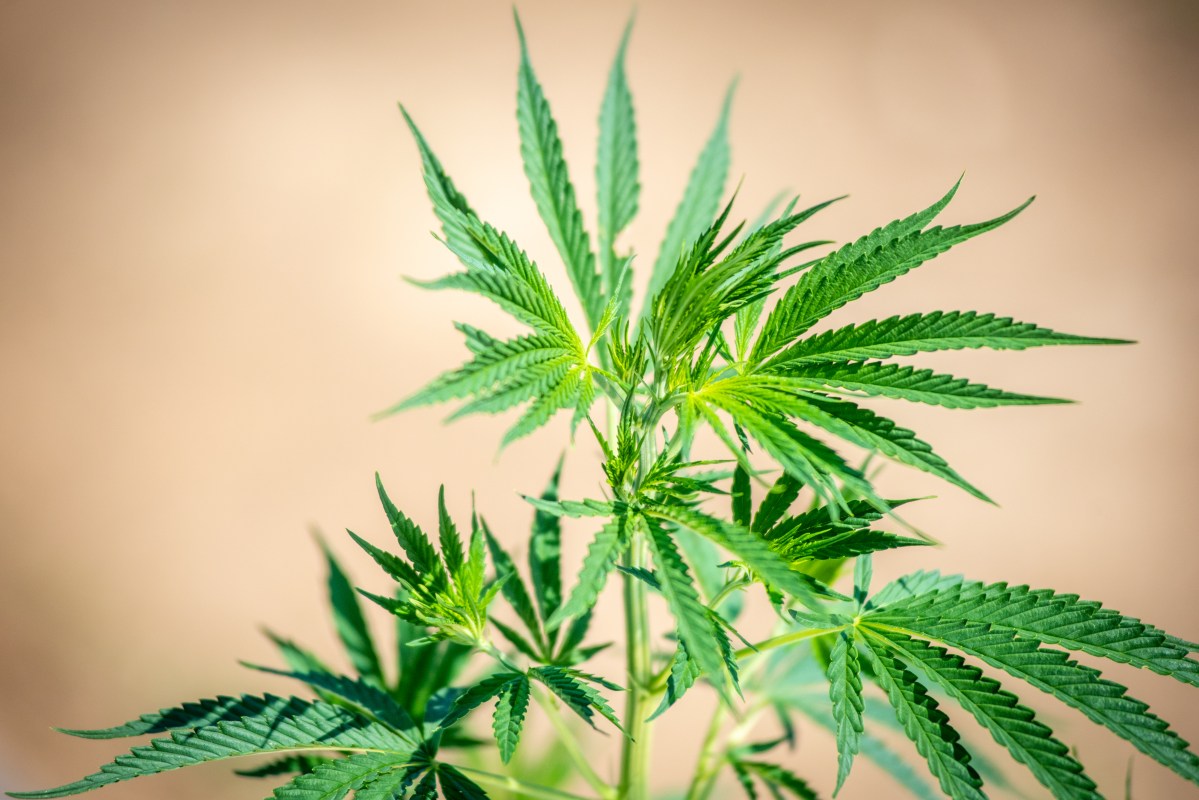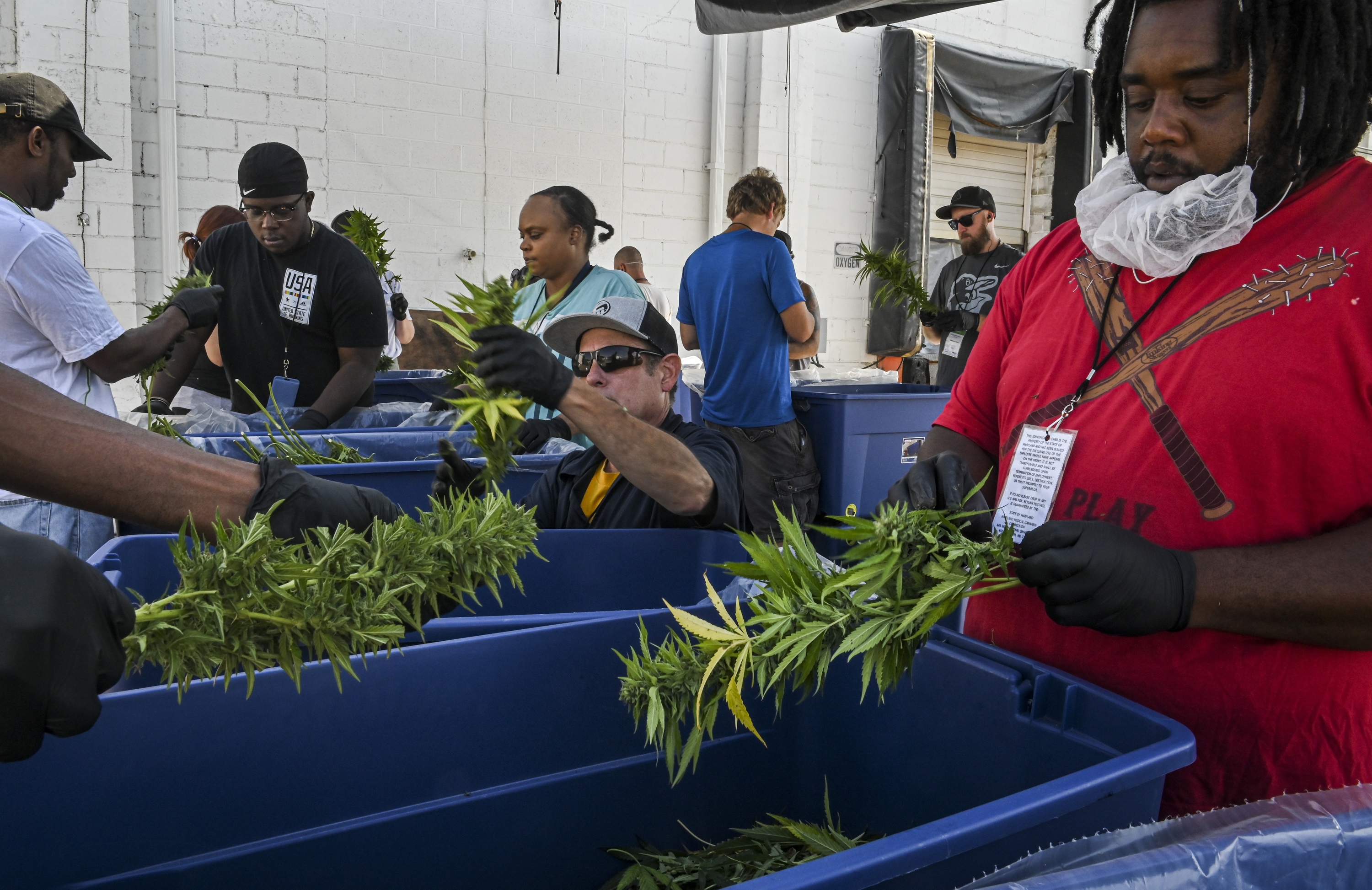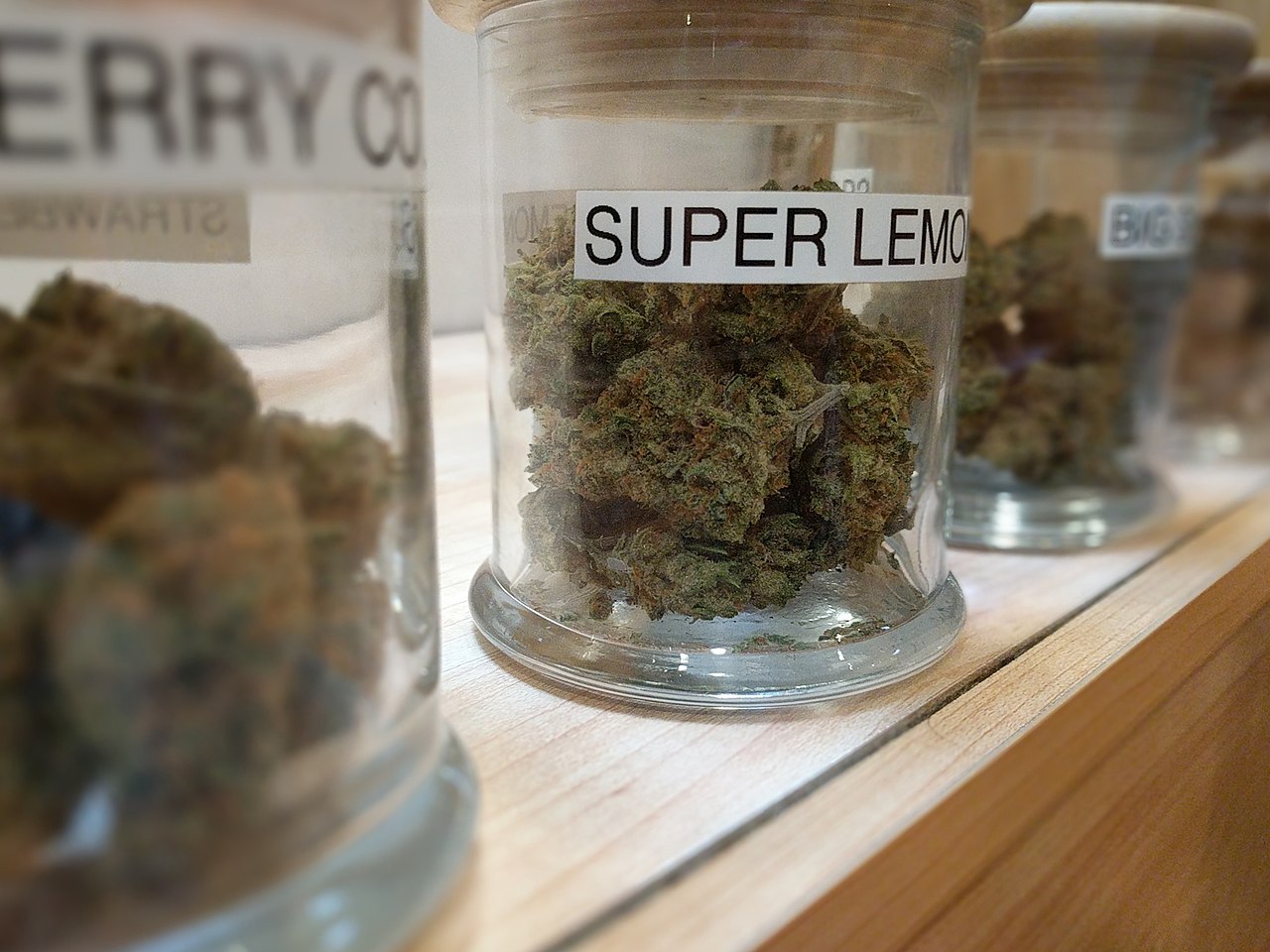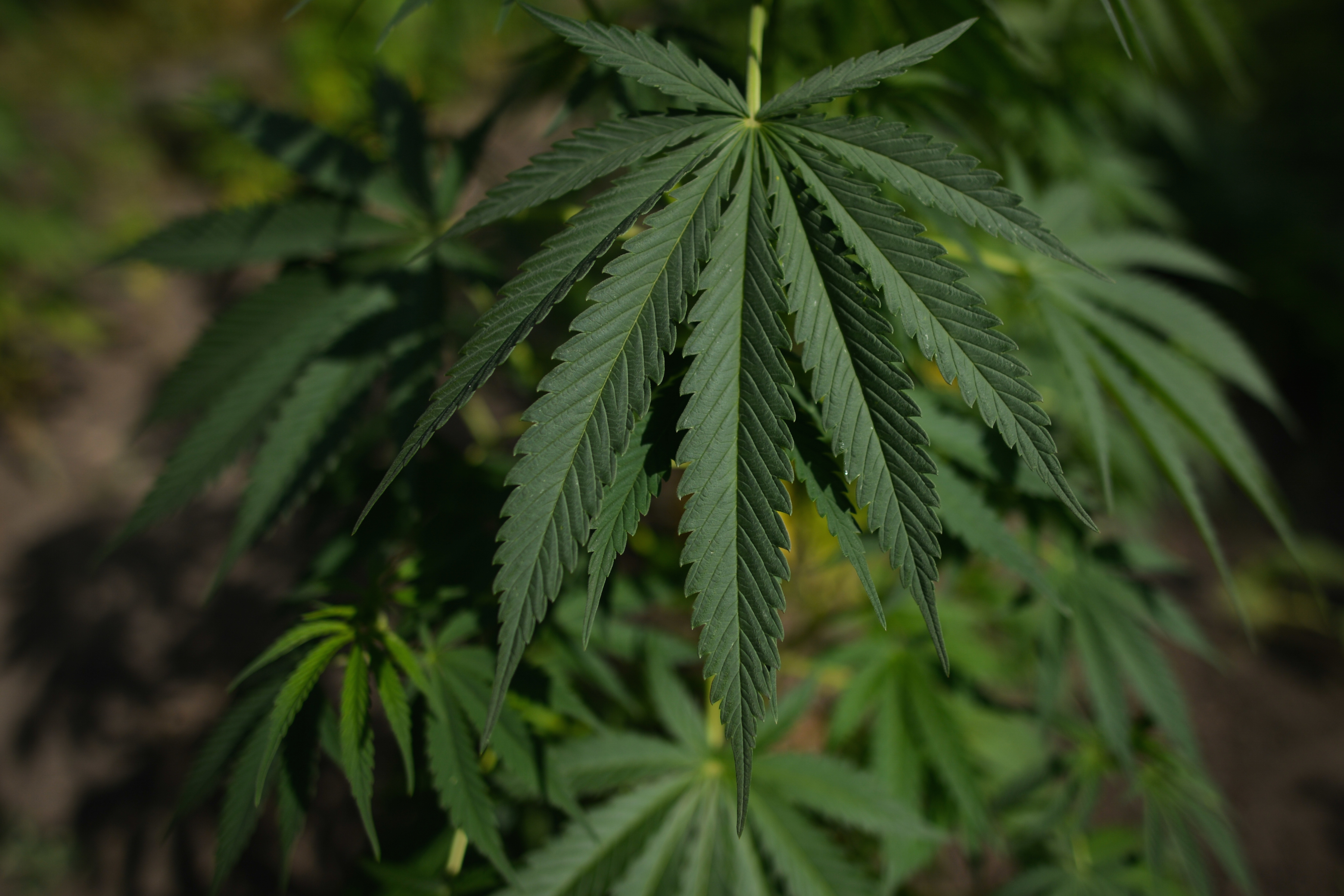As of this morning, we still don’t have a clear idea about who our next president will be. But one thing we do know based on last night’s results? Election Night was a major success for drug legalization and decriminalization initiatives across the country.
Five states voted to legalize recreational and/or medical marijuana, while even more controversial issues surrounding psychedelics and hard drugs made strides. Check out a round-up of all the drug-related results from last night below.
Marijuana
Arizona, New Jersey, Montana and South Dakota all voted to legalize recreational marijuana for people ages 21 or older. The Arizona measure also allows people who were previously convicted of certain marijuana crimes, including the felony charge for possession, to seek expungement of their records.
South Dakotans, meanwhile, voted to approve a measure to establish a medical marijuana program for “individuals with a debilitating medical condition,” making it the first state to legalize medical marijuana and adult-use recreational marijuana on the same day.
Mississippi voted to legalize medical marijuana, allowing doctors in the state to prescribe the drug to people suffering from any of more than 20 conditions, including cancer, Crohn’s disease and intractable nausea. The Mississippi State Department of Health now has until August 15, 2021, to issue medical marijuana cards. Qualifying people in the state will be able to possess up to 2.5 ounces of marijuana at one time if they receive a recommendation from their doctor.
These states join the 11 other states and Washington, D.C. that have previously legalized recreational marijuana and the 33 states plus D.C. where medical marijuana is legal.
“With the passage of these initiatives, one-third of the population now lives in jurisdictions that have legalized cannabis for adult use, and 70% of all states have embraced cannabis for medical use. The federal government is out of step with a clear national trend toward legalization,” Steve Hawkins, executive director of the Marijuana Policy Project, said in a statement. “We can put an end to the social injustices and other harms that result from the criminalization of marijuana. While cannabis legalization is not the cure-all to end the war on drugs, it is a necessary step and would provide an opportunity for many long-oppressed communities to finally have a chance to heal.”
Hard Drugs
Oregon has become the first state in the union to decriminalize the possession of small amounts of hard street drugs, after its Measure 110 passed overwhelmingly, by almost 60 percent.
The measure will allow people who are arrested with small amounts of hard drugs — including cocaine, heroin, oxycontin and methamphetamine — to avoid going to trial and avoid possible jail time by paying a $100 fine and attending an addiction recovery program. The drug treatment centers will be funded by the revenue from legalized marijuana in the state, which was approved several years ago.
“This is the most significant reform in our nation’s failed drug policies in a generation,” Kassandra Frederique, the executive director of Drug Policy Alliance, which spent more than $4 million backing the measure, said. “It’s particularly significant because most people don’t realize that drug possession is the number one arrest in the country.”
“Today’s victory is a landmark declaration that the time has come to stop criminalizing people for drug use,” she added.
Mushrooms
In addition to decriminalizing hard drugs, Oregon also voted to legalize the therapeutic use of psilocybin mushrooms (also commonly known as “magic mushrooms”). The state’s Measure 109 includes a two-year period for the state to work out regulatory details, including what sort of qualifications will be required of the therapists overseeing the mushrooms’ use. (Psilocybin is believed to be potentially helpful for patients suffering from depression, anxiety, trauma and even addiction.) The new law will allow anyone who is 21 or over and has passed a screening to use the mushrooms for “personal development.”
Washington, D.C., also voted to essentially decriminalize magic mushrooms as well as several other organic psychedelics thanks to its Initiative 81, which recategorizes them as “the lowest level police enforcement priority.”
The initiative, formally known as the Entheogenic Plant and Fungus Policy Act of 2020, will now go to the D.C. Council for review, before eventually being reviewed by Congress to officially make it the law of the land. (Congress weighs in on D.C. referendums due to the district’s inclusion of federal land.) Denver, Colorado, and Santa Cruz and Oakland, California, have all passed similar measures over the last two years.
This article was featured in the InsideHook newsletter. Sign up now.























